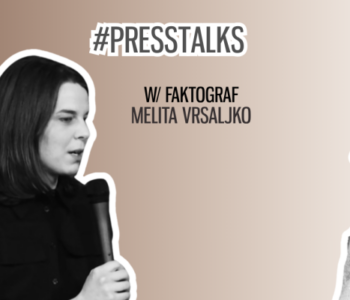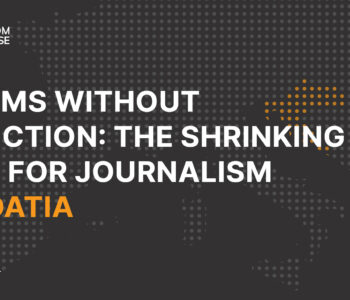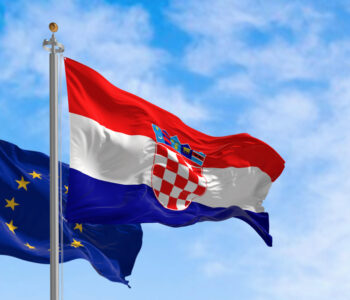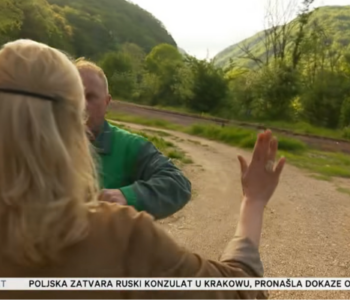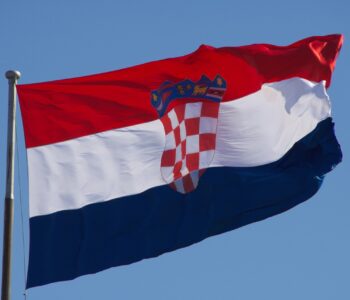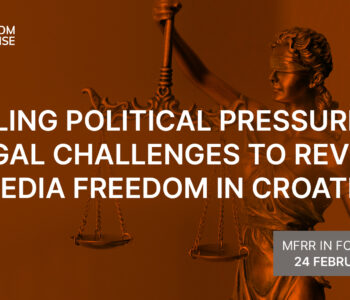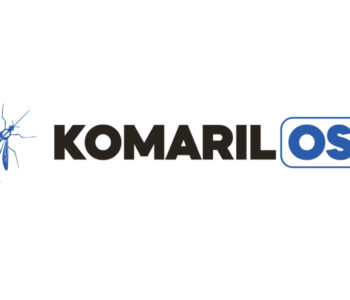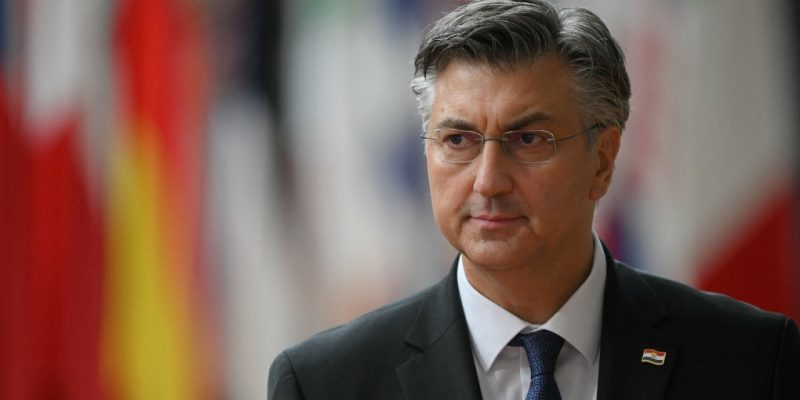 Allgemein
Allgemein
Open letter to Croatian Prime Minister Plenković: MFRR raises…
Open letter to Croatian Prime Minister Plenković: MFRR raises alarm over unlawful political pressure against weekly Novosti
Media Freedom Rapid Response (MFRR) consortium, expresses grave concern regarding recent statements by the Homeland Movement that targeted the weekly newspaper Novosti, the only print media for the Serb minority in Croatia.
05.12.2025
Dear Prime Minister of Croatia Andrej Plenković,
We, the Media Freedom Rapid Response (MFRR) consortium, express our grave concern regarding recent statements by the Homeland Movement that targeted the weekly newspaper Novosti, the only print media for the Serb minority in Croatia. Specifically, MP Mlinarić publicly announced the Homeland Movement’s intention to completely abolish state funding for Novosti starting in 2026. This statement followed reports by Novi List that the president of the Homeland Movement, Ivan Penava, had allegedly pressured minority members of the Council for National Minorities not to ‘protect the interests of Novosti’.
Such an announcement, including claims of political influence over the decisions of the Council for National Minorities, constitutes an unlawful interference in the independence of a public institution and a direct violation of the Constitutional Act on the Rights of National Minorities.
Financing of minority media must be conducted through an open public call and remain completely independent of political pressure in line with the European Media Freedom Act (EMFA).
The MFRR already issued a warning about political pressure after Novosti‘s 2025 budget was dramatically reduced by 35% compared to the previous year, despite a 13.3% increase in the Council for National Minorities’ overall annual budget. We viewed this reduction as being driven by the far-right Homeland Movement, which included calls for defunding the magazine in its election manifesto due to its critical reporting.
During our in-person mission to Croatia last May, the continuous targeting of Novosti was a crucial topic in our meetings, where we expressed absolute alarm at the rising signs of increased political pressure on the media and journalists.
Media freedom is not only a cornerstone of democracy but also an international obligation of the Republic of Croatia as a member state of the European Union. Political pressure on the media — especially on minority media — represents a serious breach of European standards and a threat to media pluralism.
An alert regarding the situation has already been submitted to the Mapping Media Freedom and the Council of Europe safety of journalists platform.
Therefore, we urge Croatian authorities to ensure the independence of the Council for National Minorities, guarantee the protection of minority media, and cease any form of political pressure on journalists and media outlets.
This statement was coordinated by the Media Freedom Rapid Response (MFRR), a Europe-wide mechanism which tracks, monitors and responds to violations of press and media freedom in EU Member States and Candidate Countries.

